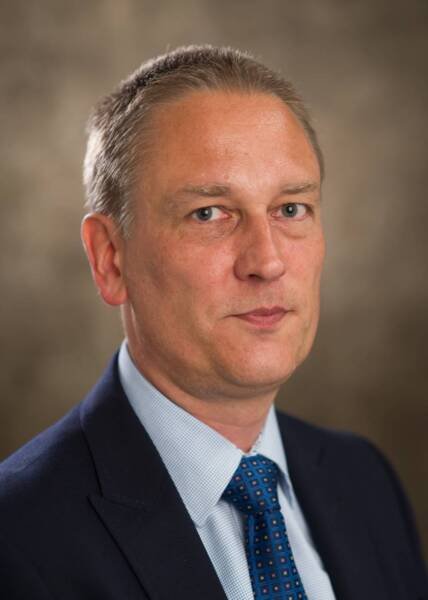Ethics becoming more complex
Gert Helgesson, Professor of Medical Ethics at the Department of Learning, Informatics, Management and Ethics, researches scientific and medical ethics. The issues he interrogates concern everything from how researchers present their data to the difficult decisions doctors must make on life and death.

As a professor of medical ethics, Gert Helgesson researches in a dual field, one part of which concerns research ethics and departures from accepted scientific practice.
“One sometimes sees pure fraud, with scientists fabricating data,” says Professor Helgesson. “But in our research and our training of the next generation of researchers, it is the more complex ethical issues that are of interest. How may researchers handle and package their results? What aberrant data can be overlooked in the statistical analysis – and why?”
One of Professor Helgesson’s interests is the ethics of scientifi publication, such as who is to be included on the list of authors of a scientific paper.
“Nothing’s so important for your academic career as the articles you’ve co-written. It can therefore be tempting to fudge the truth about your own contributions.”
Prioritising limited resource
The other part of Professor Helgesson’s research concerns ethics in medicine, where staff are confronted with difficult decisions about life-sustaining interventions or palliative care, about prioritising limited resources, and about power and influence.
“An important change in recent decades is the shift towards a patient or person-centred approach,” he says. “It’s an agreeable trend, but it brings ethical complications. Does patient influence mean that the healthcare services are abdicating their responsibility? How can we handle a clash of objectives, like autonomy and health? What are the limits of self-determination in psychiatry? We have recently started up a large research programme on these interesting questions.”
Text: Anders Nilsson, first published in "From Cell to Society" 2015. Translation: Neil Betteridge.
